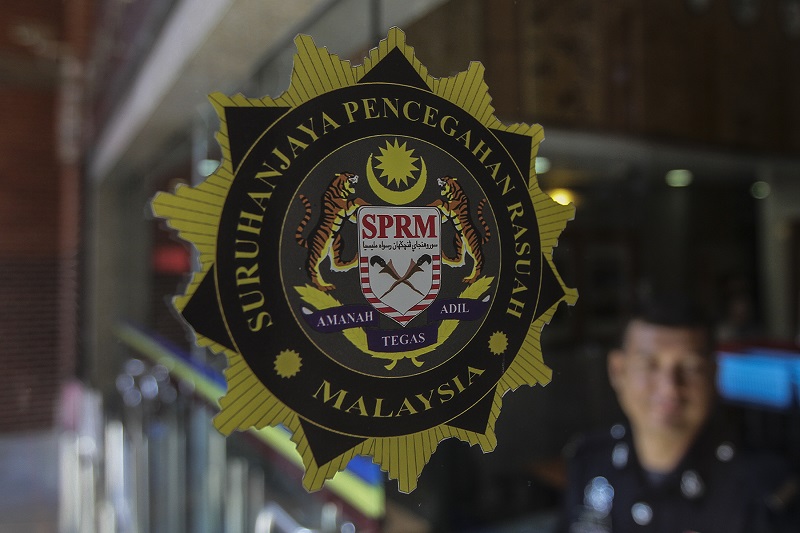KUALA LUMPUR, Oct 19 — The suspect at the centre of a Macau scam and online gambling syndicate investigation, Goh Leong Yeong, 32, allegedly “spent” between RM2 million and RM4 million a month on various parties to cover up his purported crimes, reported Utusan Malaysia.
Goh, commonly known as Alvin, also allegedly used a fake “Datuk Seri” title to “bolster” his criminal activities in Selangor and Kuala Lumpur, the report added.
Sources told Utusan Malaysia that funds received from the Macau scam and online gambling activities were divvied up among various parties that had the potential to blow the whistle on the illicit activities that are said to have begun five years ago.
The source said that investigations have found that up to 100 people may have received monies from Alvin, who is now being hunted by the police after he had escaped from the compound of the Malaysian Anti-Corruption Commission (MACC) headquarters on October 11.
“This includes influential people, officers and policemen who have been detained or investigated by the MACC.
“The money was ‘paid’ to protect Macau scam crimes and online gambling as well as provide information if the authorities were planning a raid,” said the source.
The source stated that his agency is still investigating the crimes allegedly committed by Alvin and other syndicate leaders.
Last week, Bukit Aman Criminal Investigation Department director Datuk Huzir Mohamed stated that the police were hunting Goh, whose last known address was Miharja Condo, Bt.2 ½, Off Jalan Cheras, Kuala Lumpur.
He said Goh is wanted for investigations related to three cases under Section 4(1)(c) of the Common Gambling Houses Act 1953.
Goh, the main suspect in a money-laundering syndicate linked to businesses involving the country’s celebrities, escaped from police custody by climbing over a fence at the MACC headquarters on October 11 with the help of his two personal bodyguards upon being released by the MACC.
Meanwhile, Huzir said the three suspects who were rearrested by the police after their release by the MACC are now in remand under Section 4(1)(a) of the Prevention of Crime Act 1959.



















